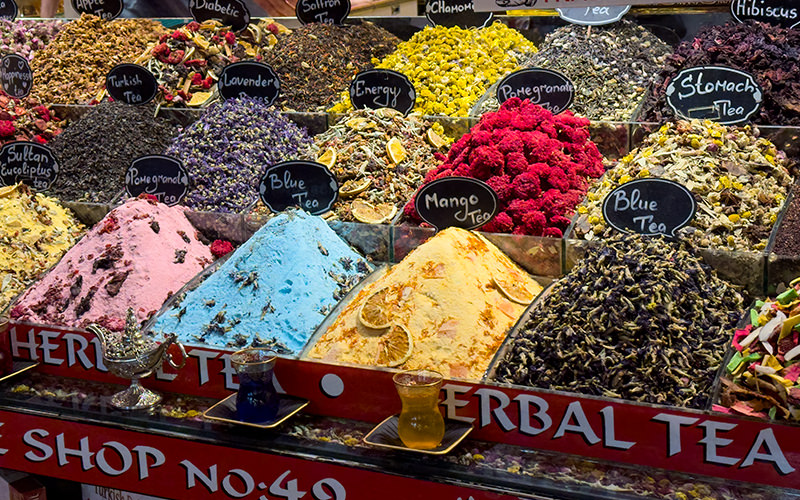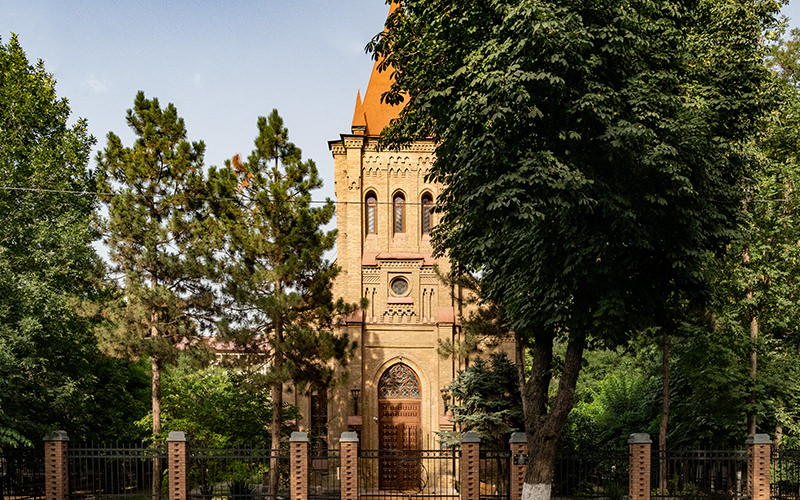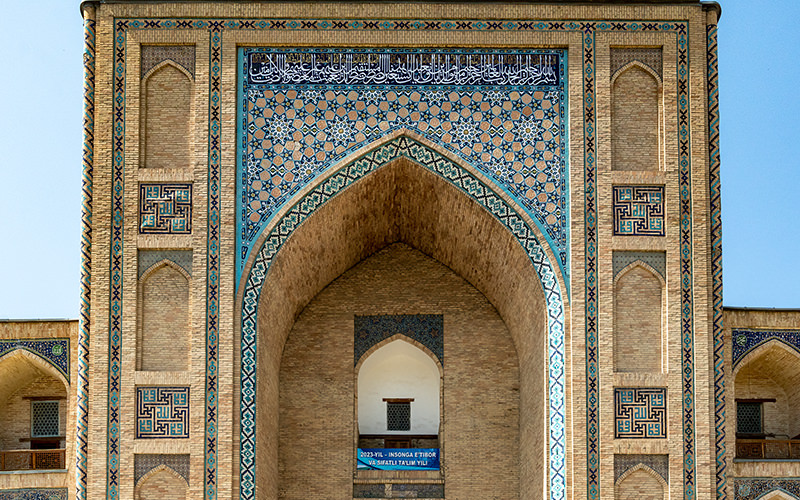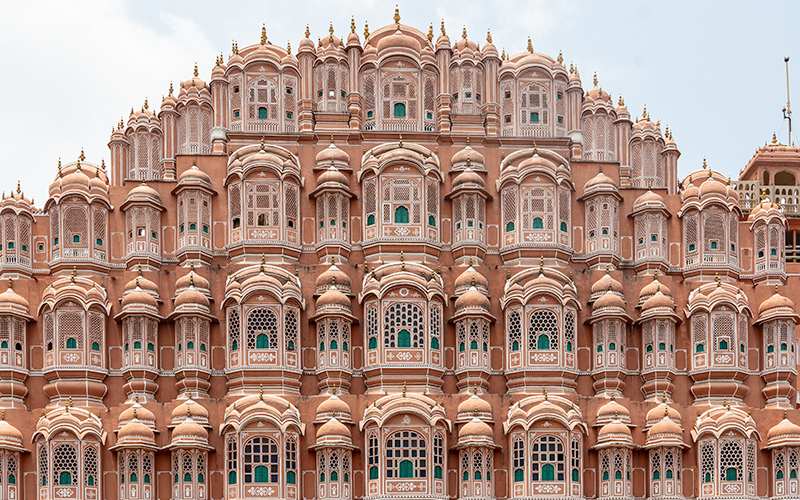My last day in Jaipur began with a visit to Patrika Gate. This is one of those iconic spots in India that I kept seeing in photos of Indian landmarks on social media. Let me share my experience visiting this unique structure.
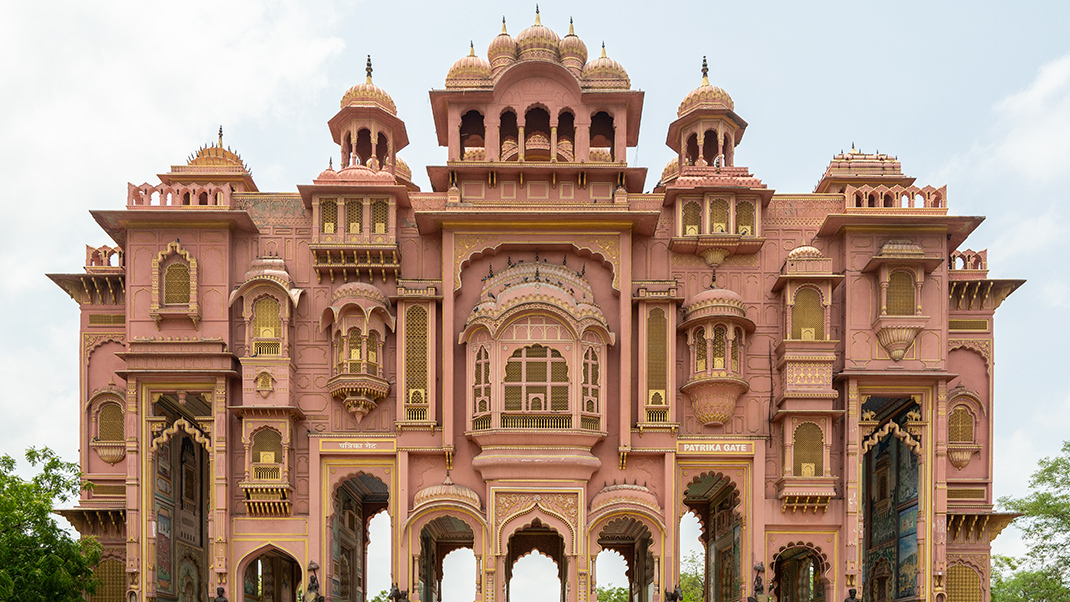
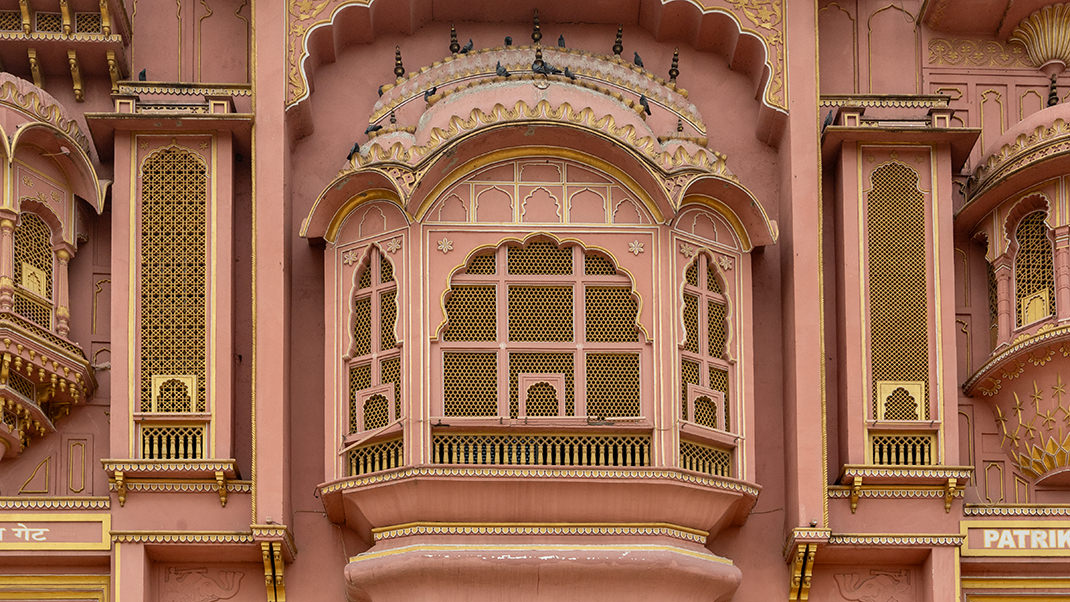
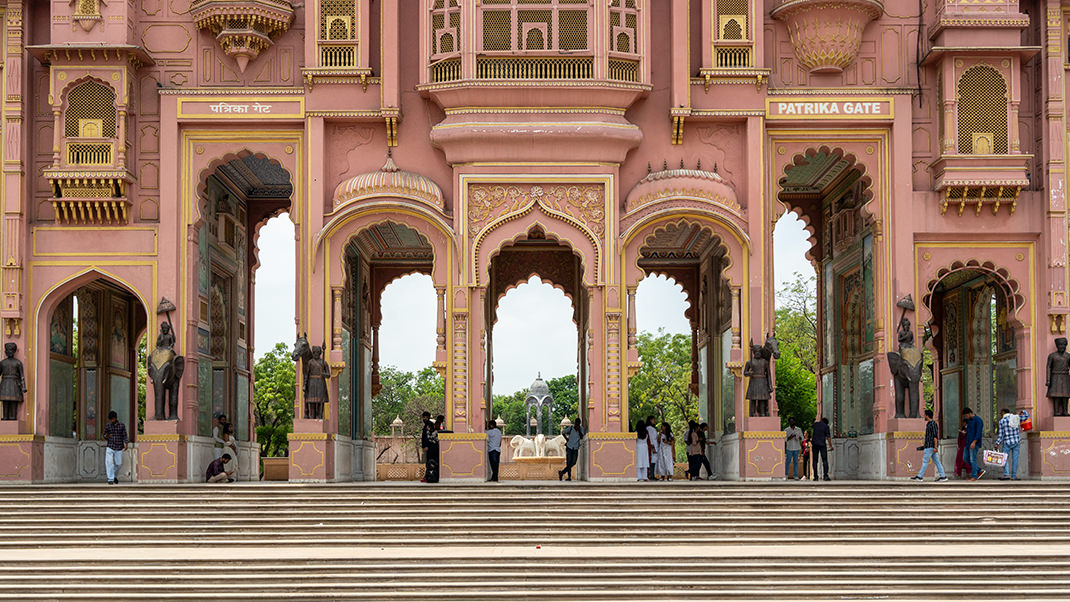
Patrika Gate: History
I was convinced that Patrika Gate was a historical landmark of Jaipur. However, I discovered that it’s less than a decade old, having been opened to the public in 2016. According to a website about the gate, another inauguration took place in 2020—likely an official ceremony conducted by the Prime Minister of India.
The construction of Patrika Gate was sponsored by the Indian company Patrika Group, a leading media organization that publishes major print editions. In 2016, Patrika Group was the top newspaper publisher in Rajasthan, with over 15 million visitors to its website.
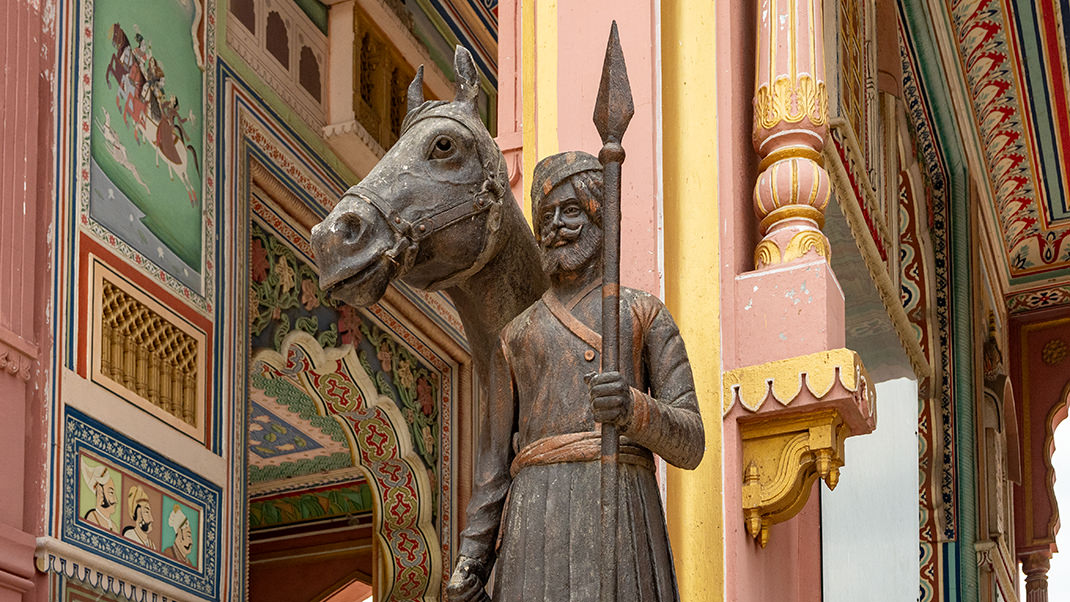
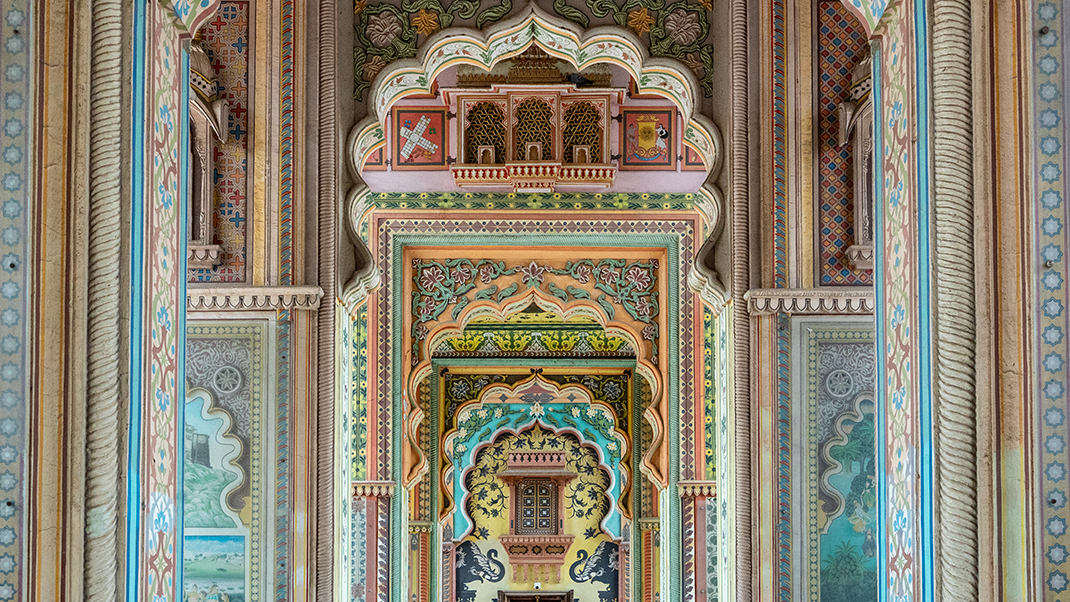
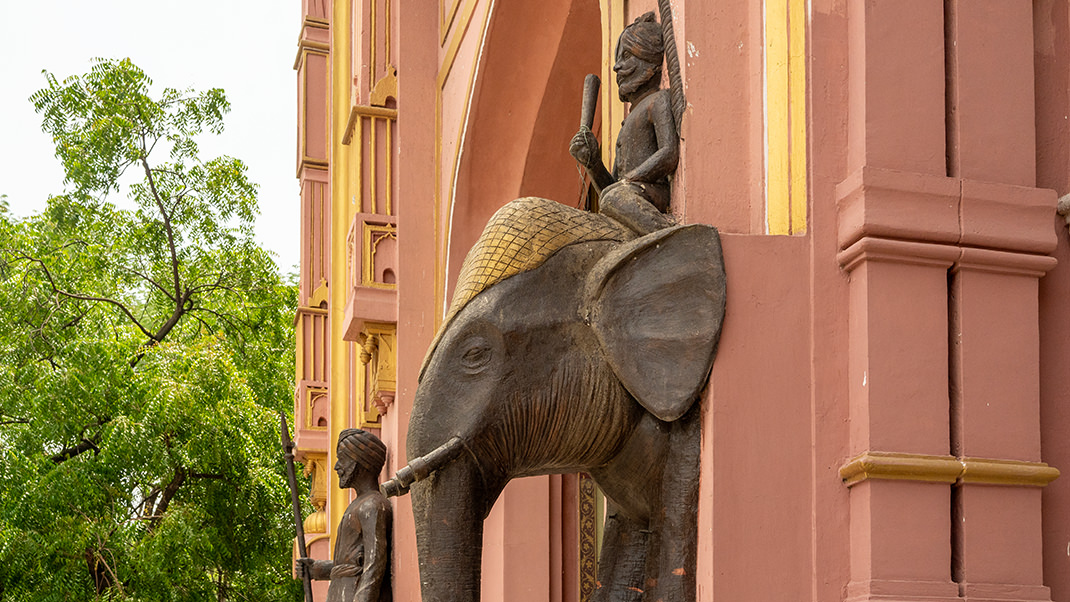
Although Patrika Gate is a modern addition to the city, it is deeply connected to the history and culture of India. The structure features references to the country’s architecture and heritage: the columns are adorned with inscriptions about Rajasthan and images of its landscapes. The facade showcases intricate jharokhas (overhanging enclosed balconies) and windows of various shapes and sizes. The gate’s pinkish hue is likely a nod to Jaipur itself, often referred to as the "Pink City" due to the distinct color of many of its buildings. Fascinatingly, each architectural element of the gate is unique and does not repeat.
Online sources mention that the gate features a daily fountain show. However, during my visit, the fountain was completely turned off.
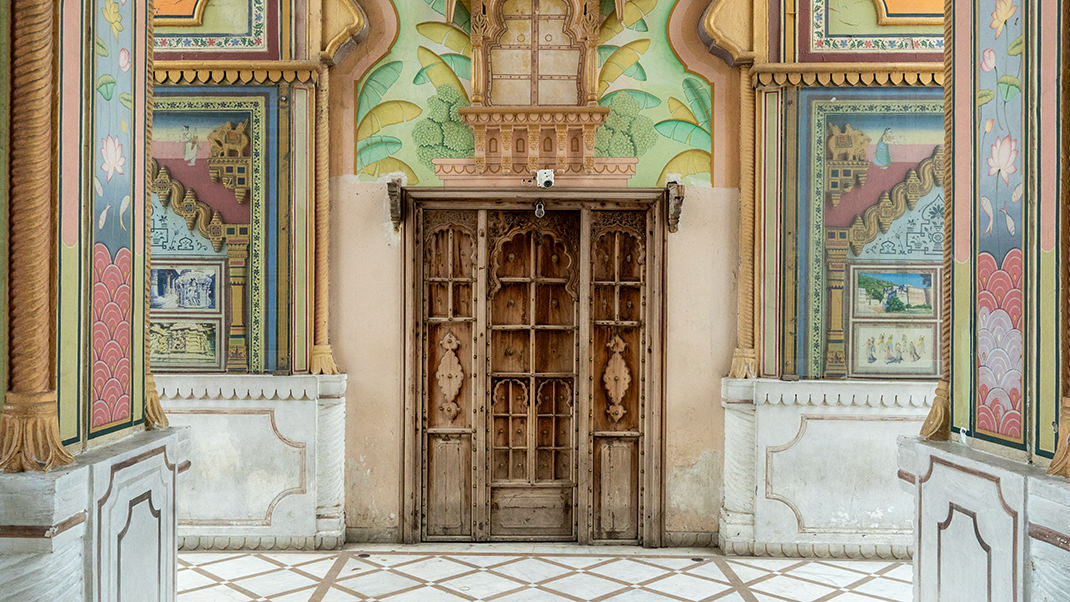
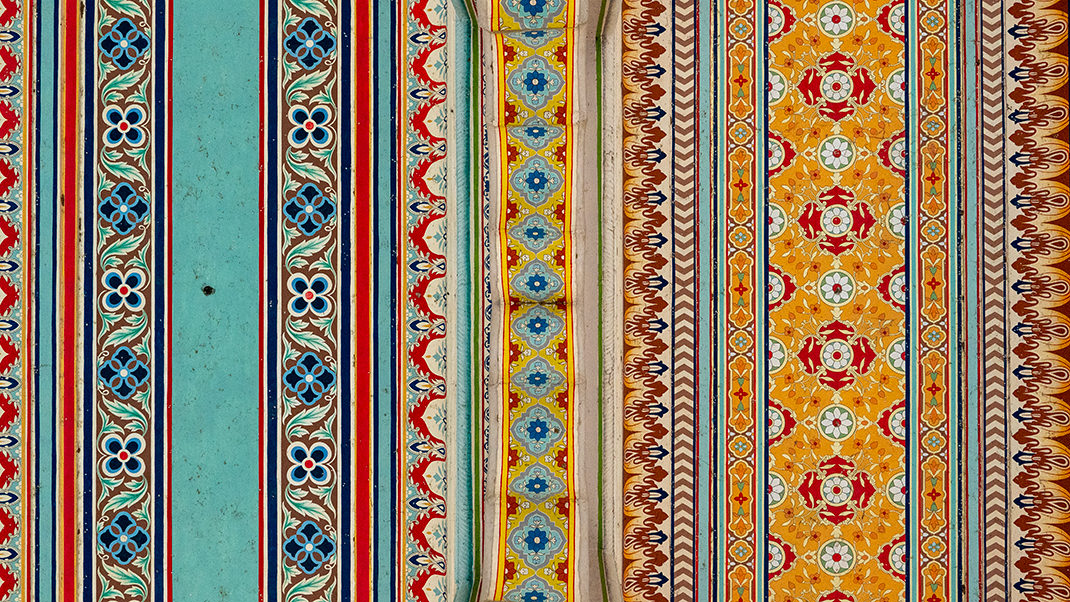
How to Get There
Jaipur has a metro system, but currently, the nearest station is over seven kilometers away from Patrika Gate. I read that a second metro line is under construction, running north to south, which might make it easier to reach this area in the future.
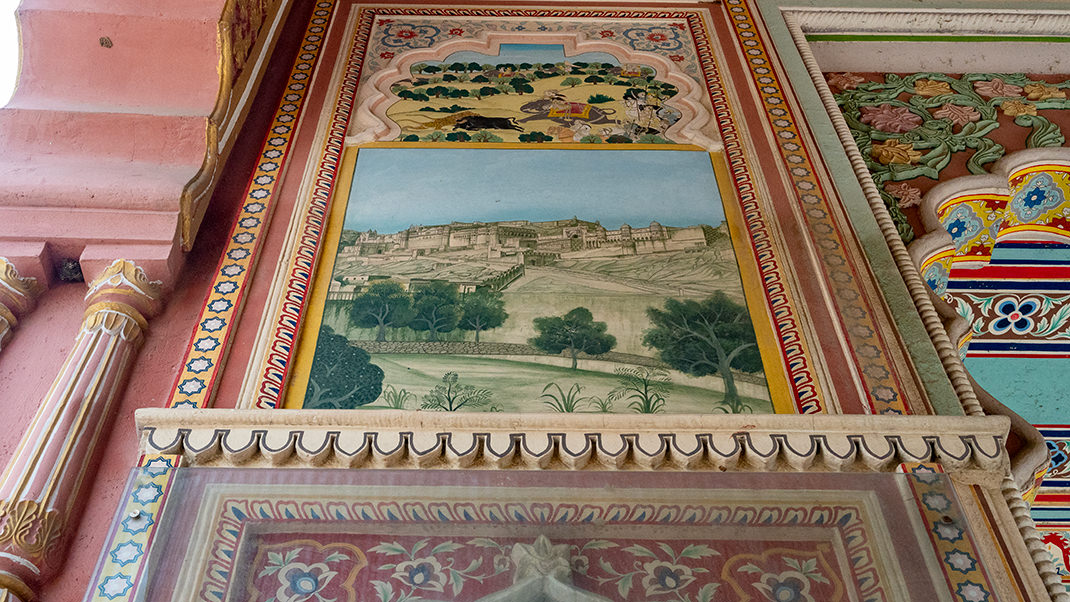
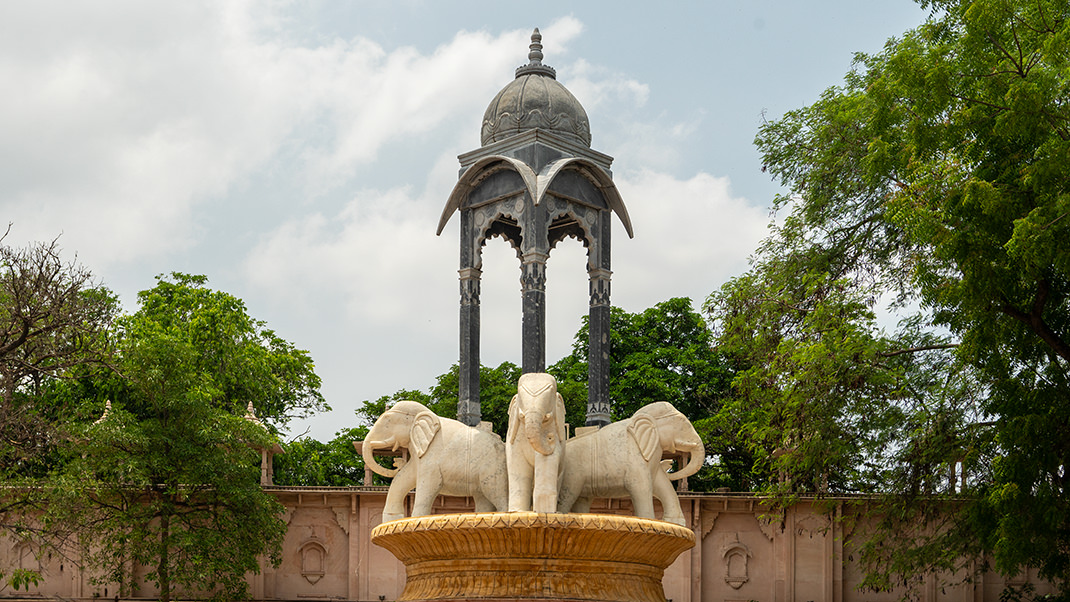
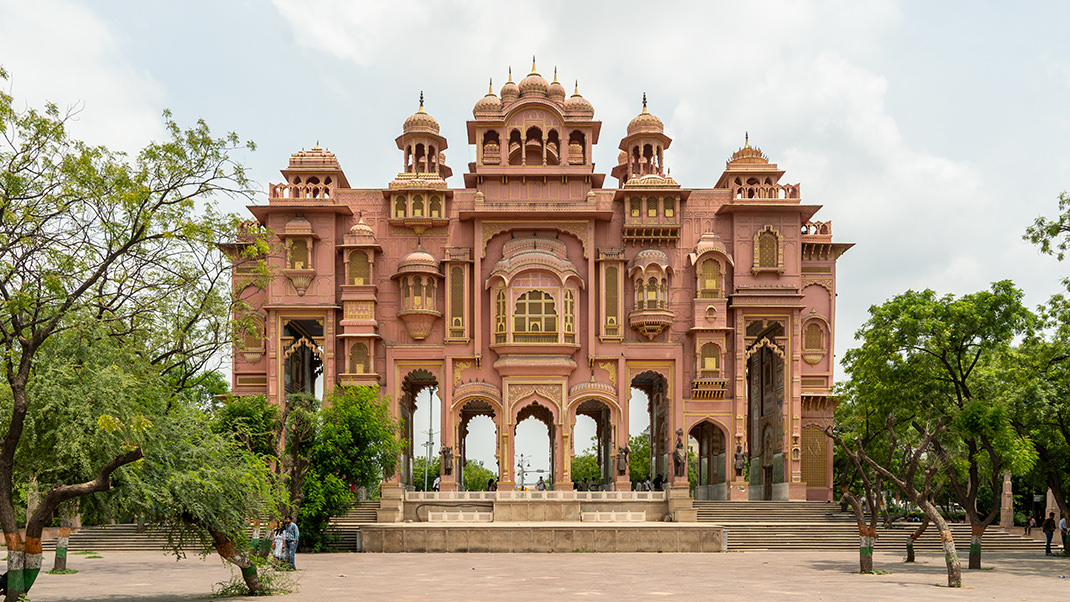
I took an Uber to get here, and the ride from the city center cost 216 rupees in the summer of 2024.
Visiting Patrika Gate is free and open to everyone without restrictions. However, it’s worth noting that this is a very popular spot, making it almost impossible to take photos without other people in the frame. During my visit, photo sessions with visitors dressed in traditional attire were happening non-stop. Perhaps arriving early in the morning would give you a chance to capture a few solo shots.
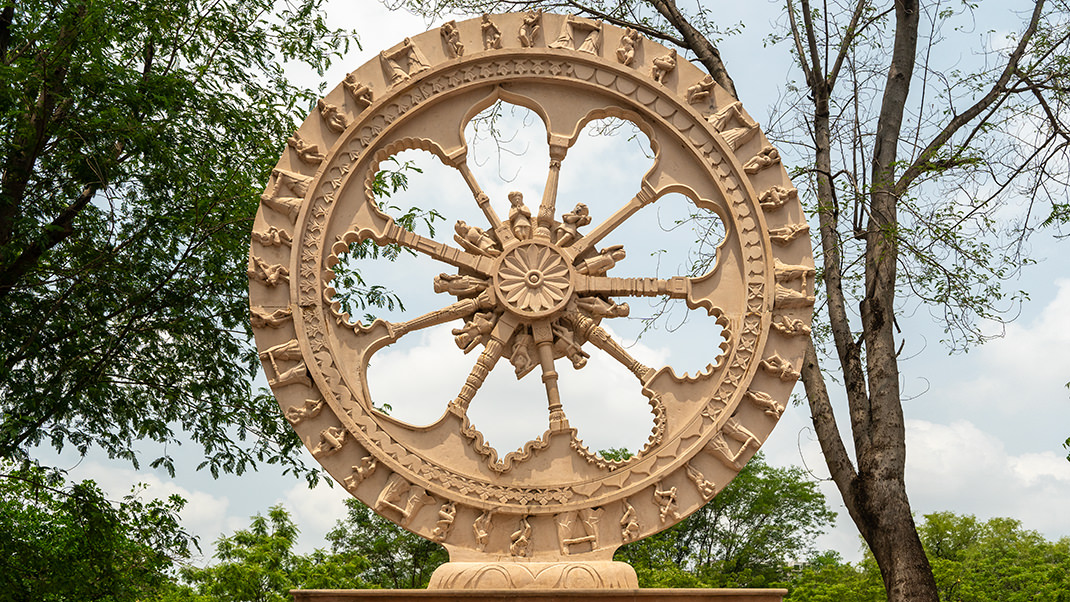
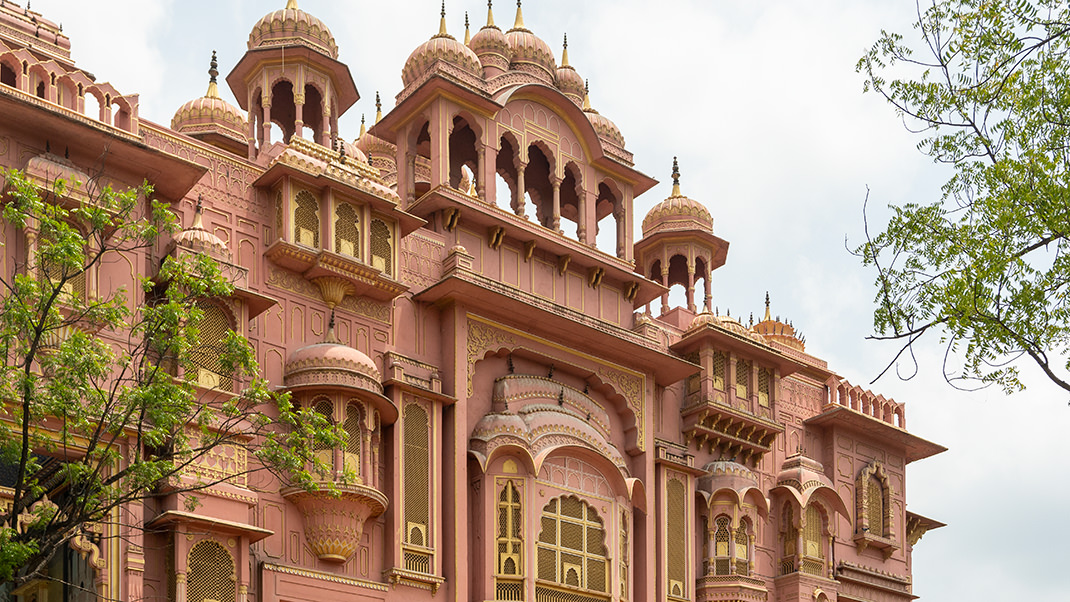
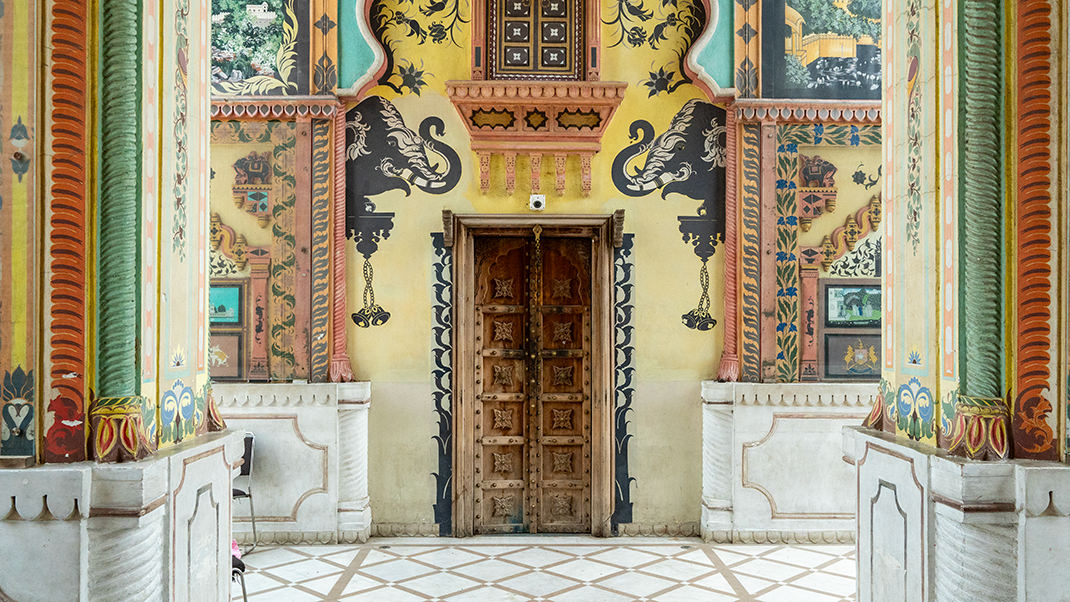
The gate is located on the outskirts of Jaipur, and there are no major attractions nearby. I didn’t plan to stay in this part of the city for long, as I had a trip to the Galta temple complex ahead of me.
Have a nice trip!


